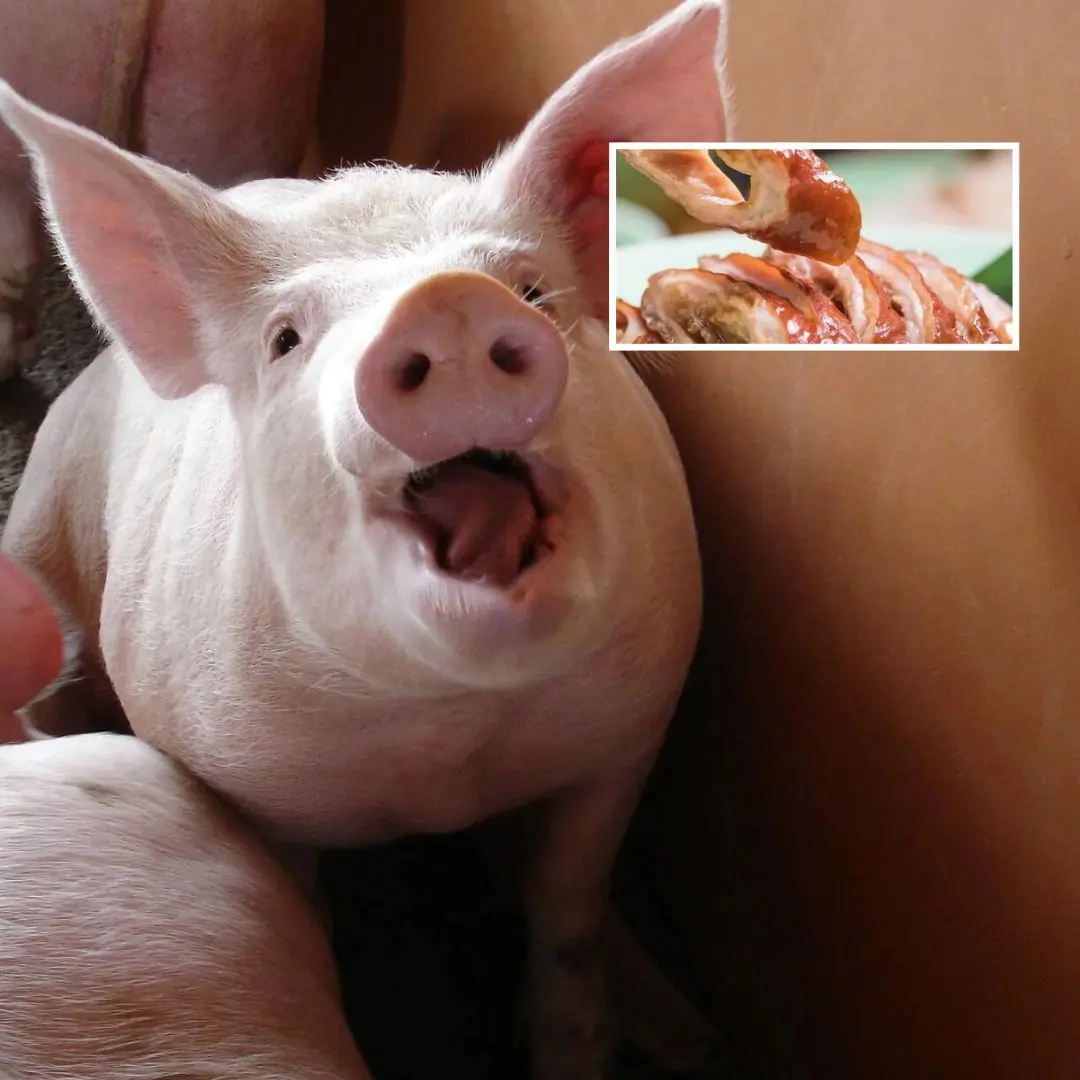
Tips to Differentiate Between Old and Fresh Eggs
Tips to Differentiate Between Old and Fresh Eggs
By applying the simple tips below, you won’t have to worry about accidentally buying old, spoiled chicken or duck eggs, which can be a waste of money and harmful to your health.
Using fresh, new eggs not only ensures the quality of your dishes but also protects your health. Therefore, knowing how to distinguish between old and fresh eggs is incredibly useful for every homemaker when shopping at markets or supermarkets.

Tips to Differentiate Between Old and Fresh Eggs
Here are some practical methods to help you avoid buying aged or spoiled eggs:
Observe the Eggshell
- Fresh eggs have shiny, smooth shells with uniform, clear colors. Their shells are free from tiny cracks. You can also feel that the shell is quite hard and not easy to break.
- Old eggs, on the other hand, often have dull, rough, or uneven shells. Due to long storage, their shells might appear faded, and in some cases, signs of spoilage such as cracks or mold may appear. The shells of old eggs are usually thinner and more fragile than those of fresh ones.
Submerge the Egg in Water
One of the simplest and most effective ways to tell old and fresh eggs apart is to submerge the egg in water:
- Fresh eggs will sink to the bottom and lay on their side or slightly incline. Fresh eggs are heavier, which is why they don’t float or wobble.
- Old eggs will float or stand upright in water. Over time, air pockets inside the eggs grow larger, causing them to float.
Shake the Egg
Another fun and easy trick is to shake the egg:
- Fresh eggs produce no sound or only a faint one because their contents are still intact and firm.
- Old eggs produce a sloshing sound when shaken because the interior has dried out, and the egg whites have become watery.
Candle the Egg (Check with Light)
Hold the egg up to a light source, such as a flashlight or strong bulb:
- Fresh eggs will show an intact yolk and white, with no cracks or blemishes. The yolk is clearly visible and centered.
- Old eggs reveal a larger internal air space, and the yolk may shift to one side or break apart. The whites appear cloudy or slimy, losing their transparency.
Smell and Taste When Cooking
If it’s too late to return the eggs, you can still identify their freshness while cooking:
- Fresh eggs emit a pleasant aroma without any odd smells. When cooked, they have a vibrant yellow yolk that holds its shape if not scrambled.
- Old eggs, however, often smell fishy or unpleasant, especially if stored for too long. When boiled or fried, the yolk and white may separate, and the colors may appear less vibrant. A strong or strange odor when cooking indicates the egg is no longer fresh.
Pro Tips for Buying Eggs
To avoid old eggs, purchase from reputable sellers. Trusted grocery stores and supermarkets are more likely to provide high-quality eggs. If shopping at a market, choose vendors with good reputations and ask for clear sourcing information.
Additionally, pay attention to storage times. Fresh eggs can be refrigerated for about 3 weeks to 1 month. Beyond that, their quality declines significantly.
News in the same category


Tips to fix food that is too spicy when cooking
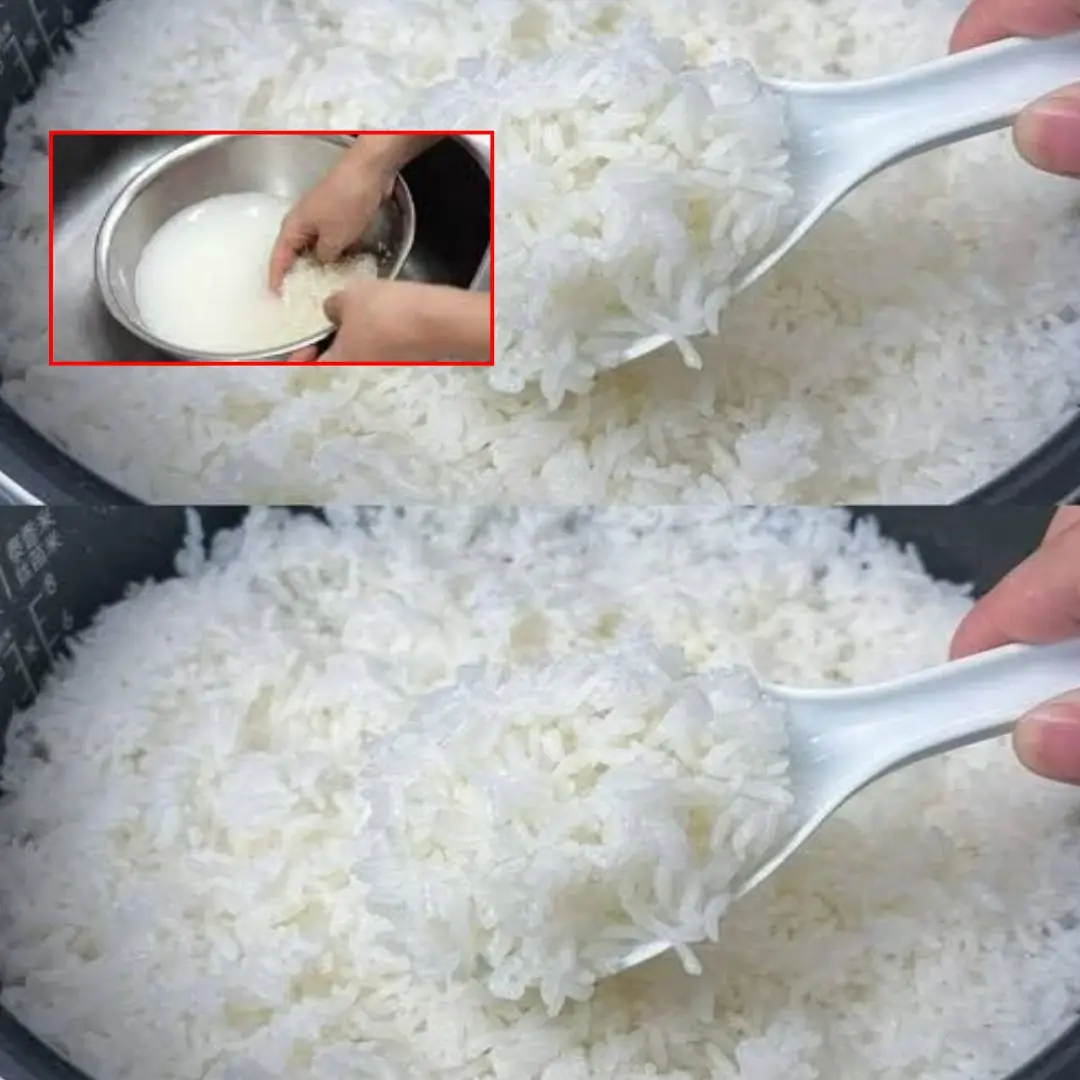
Adding only water when cooking rice is a big mistake. I will share with you the secret that hotels use

This type of leaf contains calcium

Is it right to close the door tightly when using the air conditioner
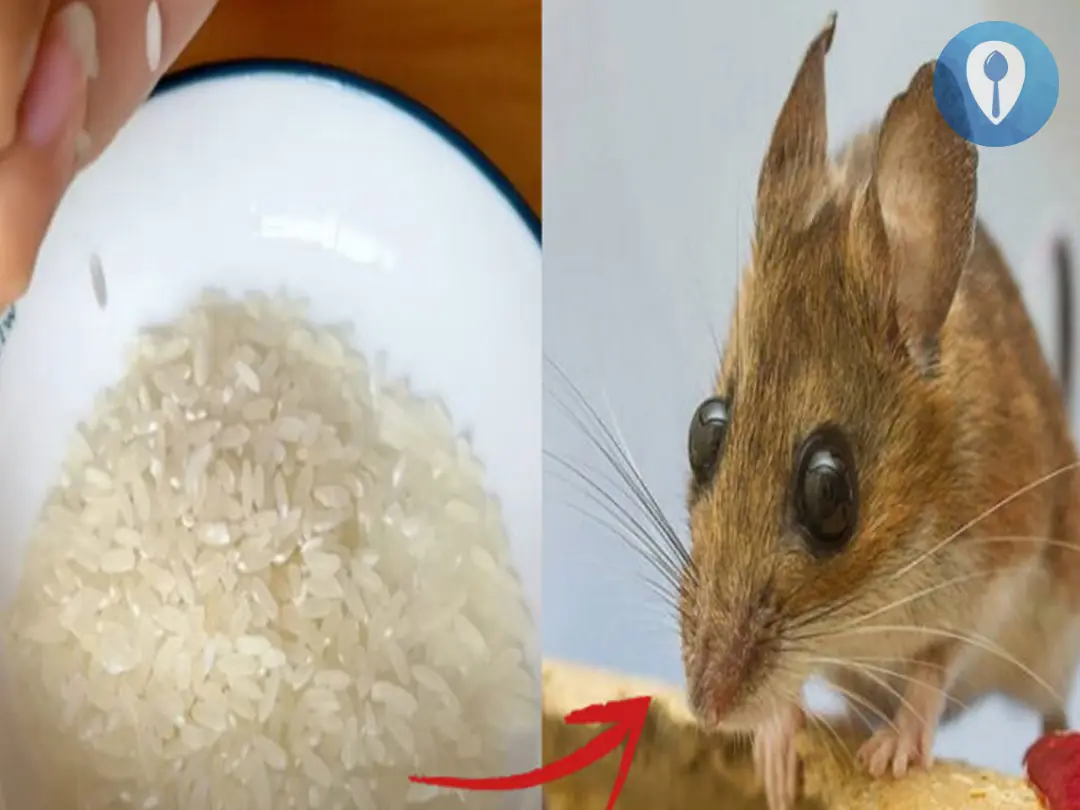
How to chase away a bunch of rats with just a handful of rice, without using toxic baits

Tips to keep your flowers fresh
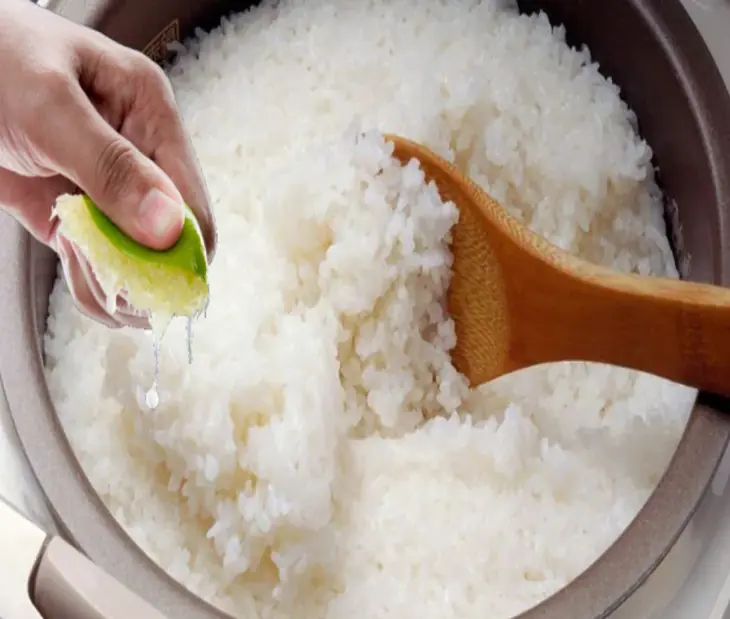
Tips to make rice more delicious that not everyone knows
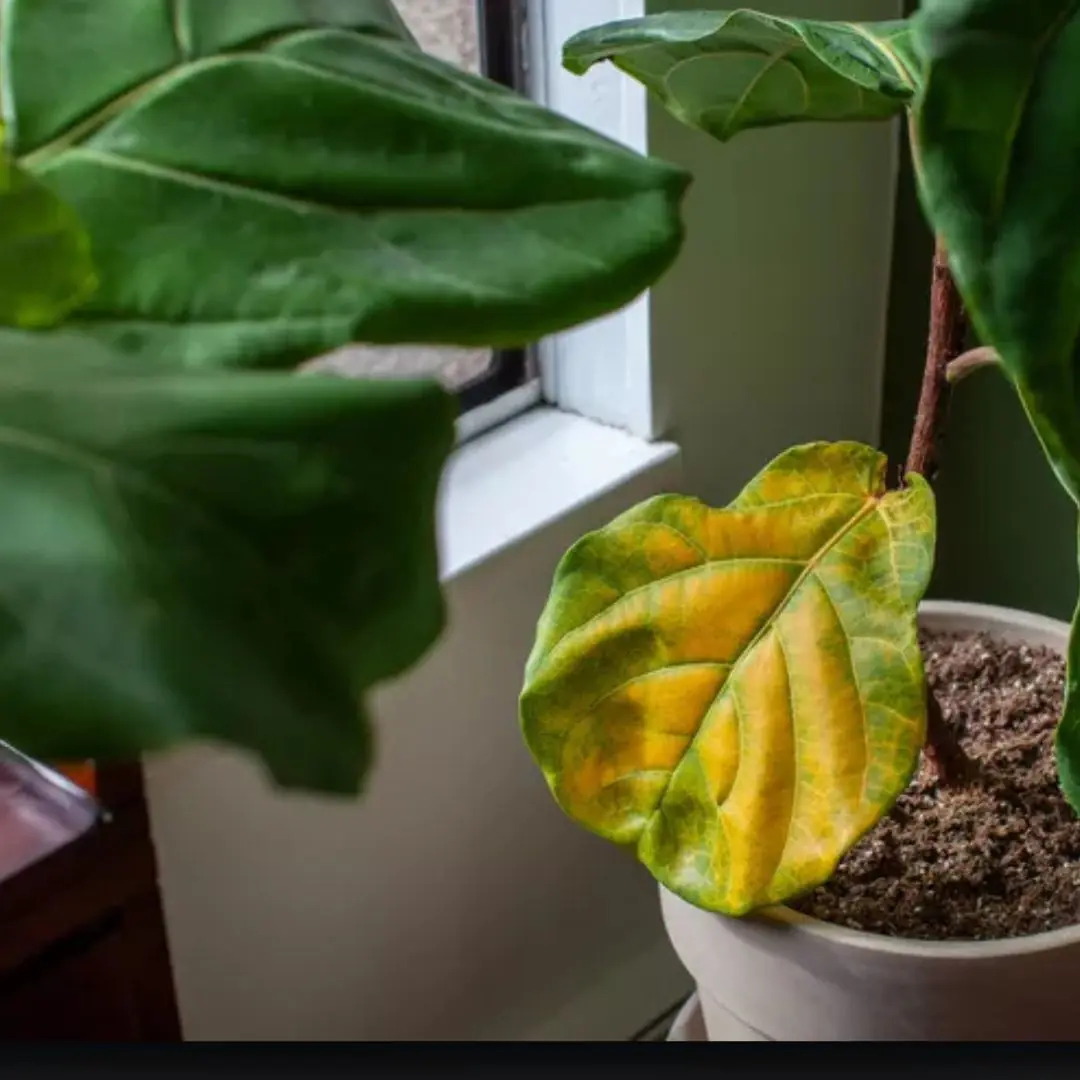
8 Plants You Should Never Grow Indoors—and What You Should Plant Instead
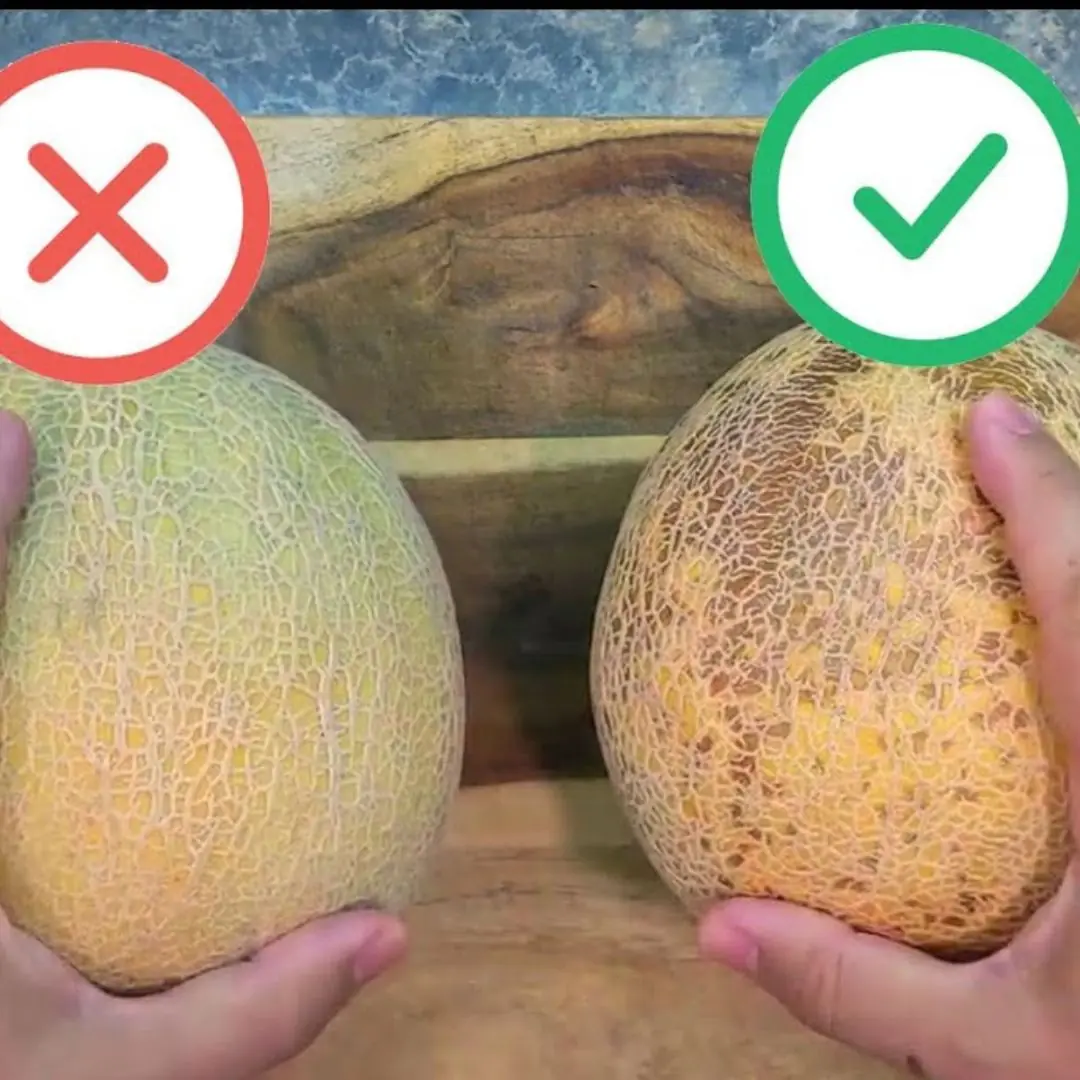
How to pick a sweet and juicy cantaloupe melon
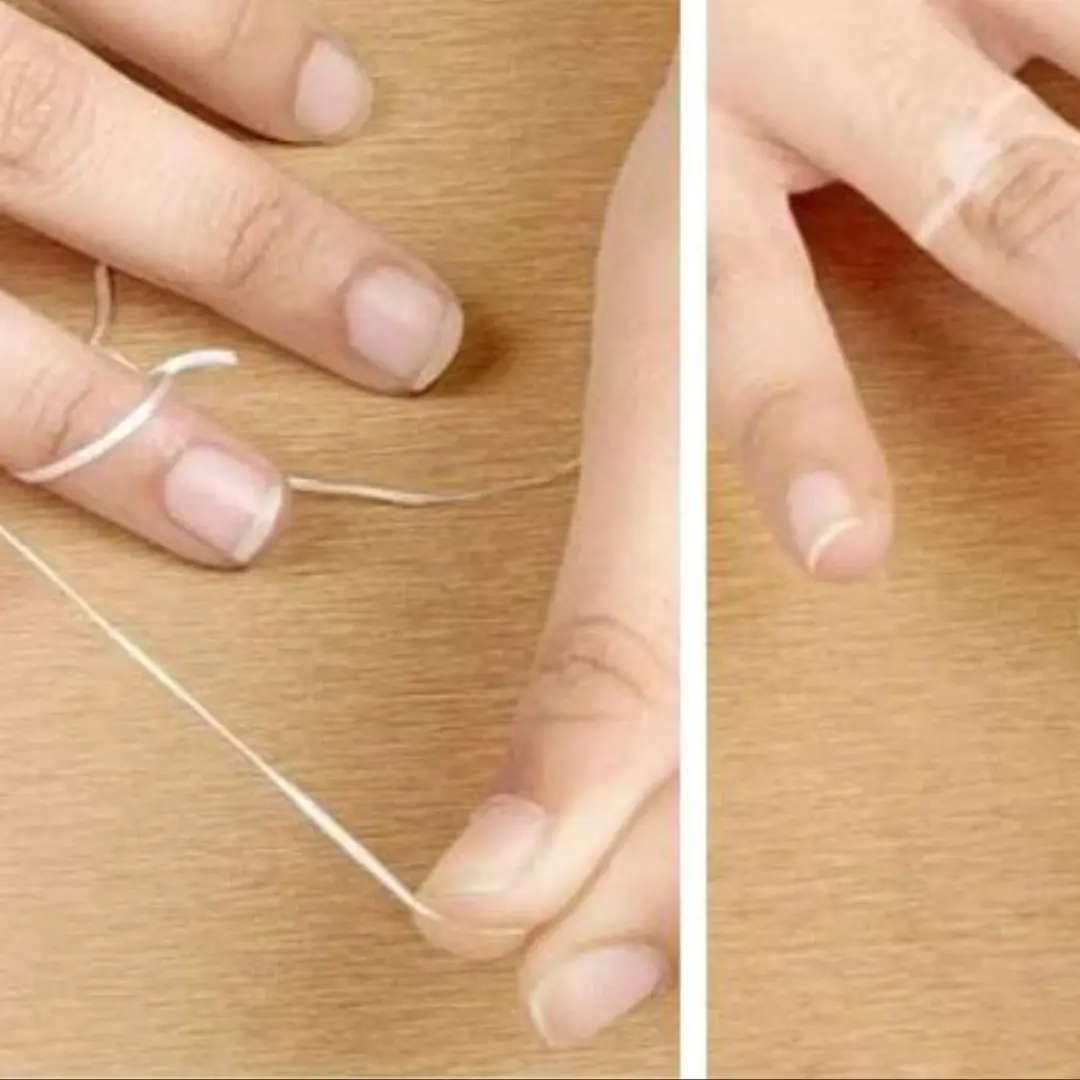
How to remove a tight ring on your hand easily without lube

There are 3 types of vegetables that are easily infected with parasites, be especially careful when eating them

Why should you k.i.l.l cockroaches with baking soda?
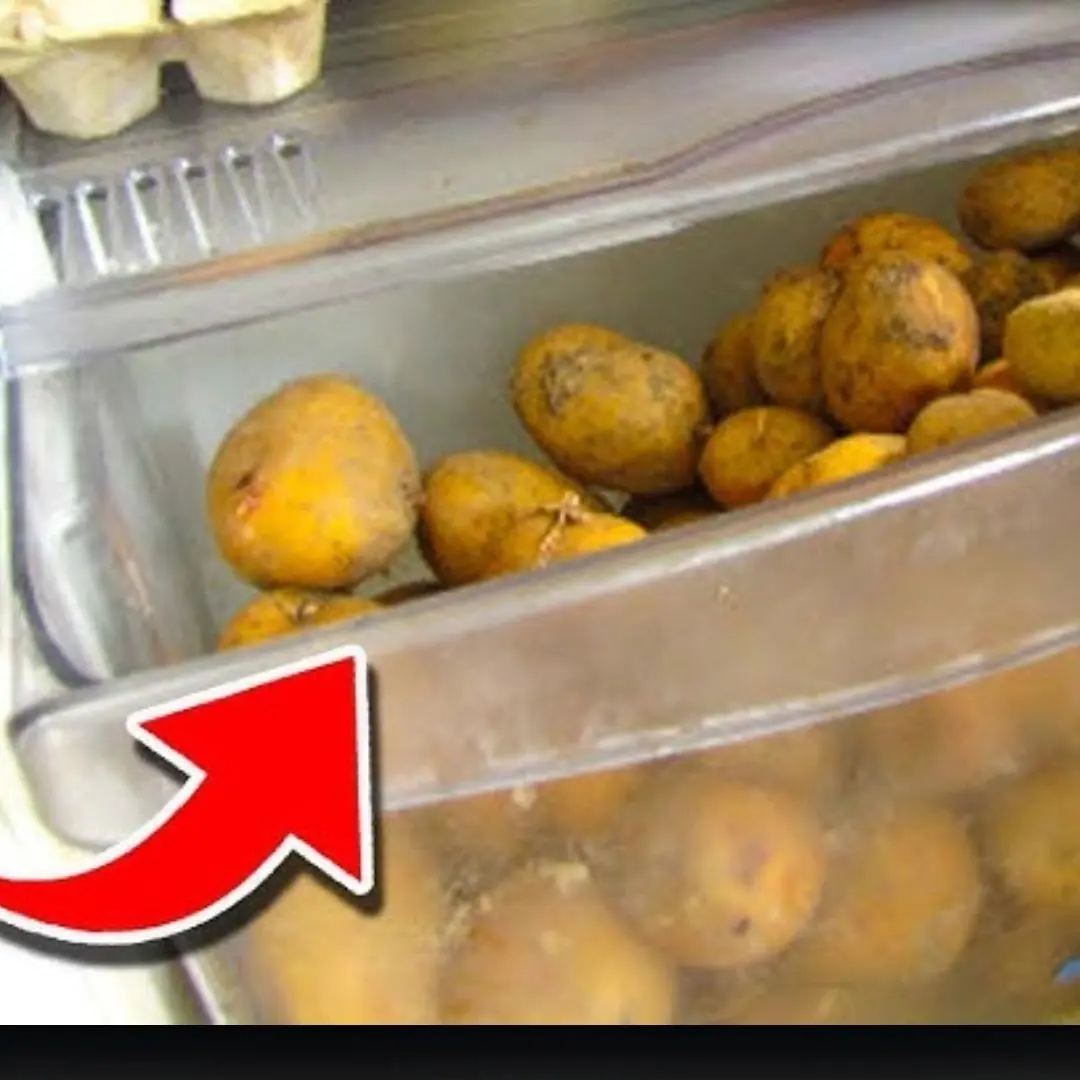
Top 20 Foods that should not be kept in the refrigerator for too long
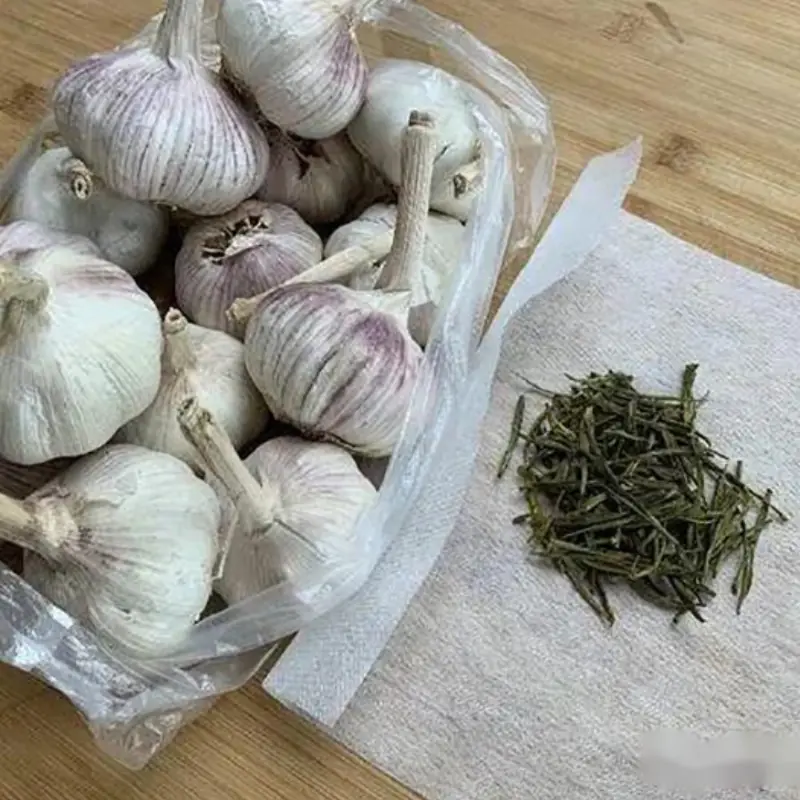
Today I Just Discovered 3 Incredibly Easy Garlic Storage Tips—Garlic Stays Fresh All Year Without Rotting
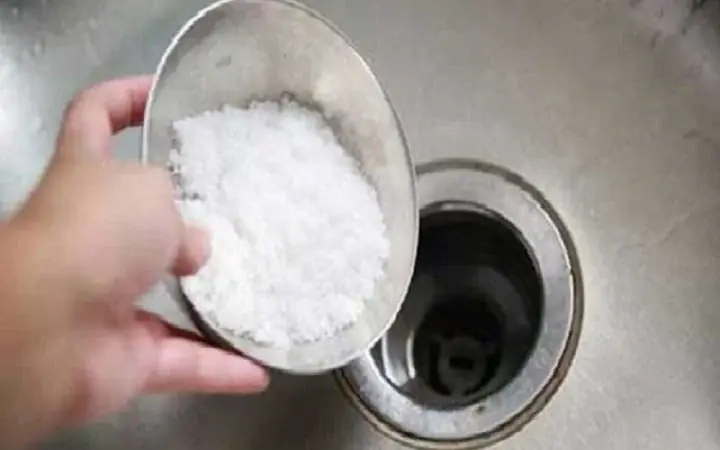
95% of People Don’t Know This: Just Salt Can Fix That Nasty Drain Problem—For Free!

This $0 Trick Cleans Your Fan Better Than Any Gadget—You’ll Never Go Back!
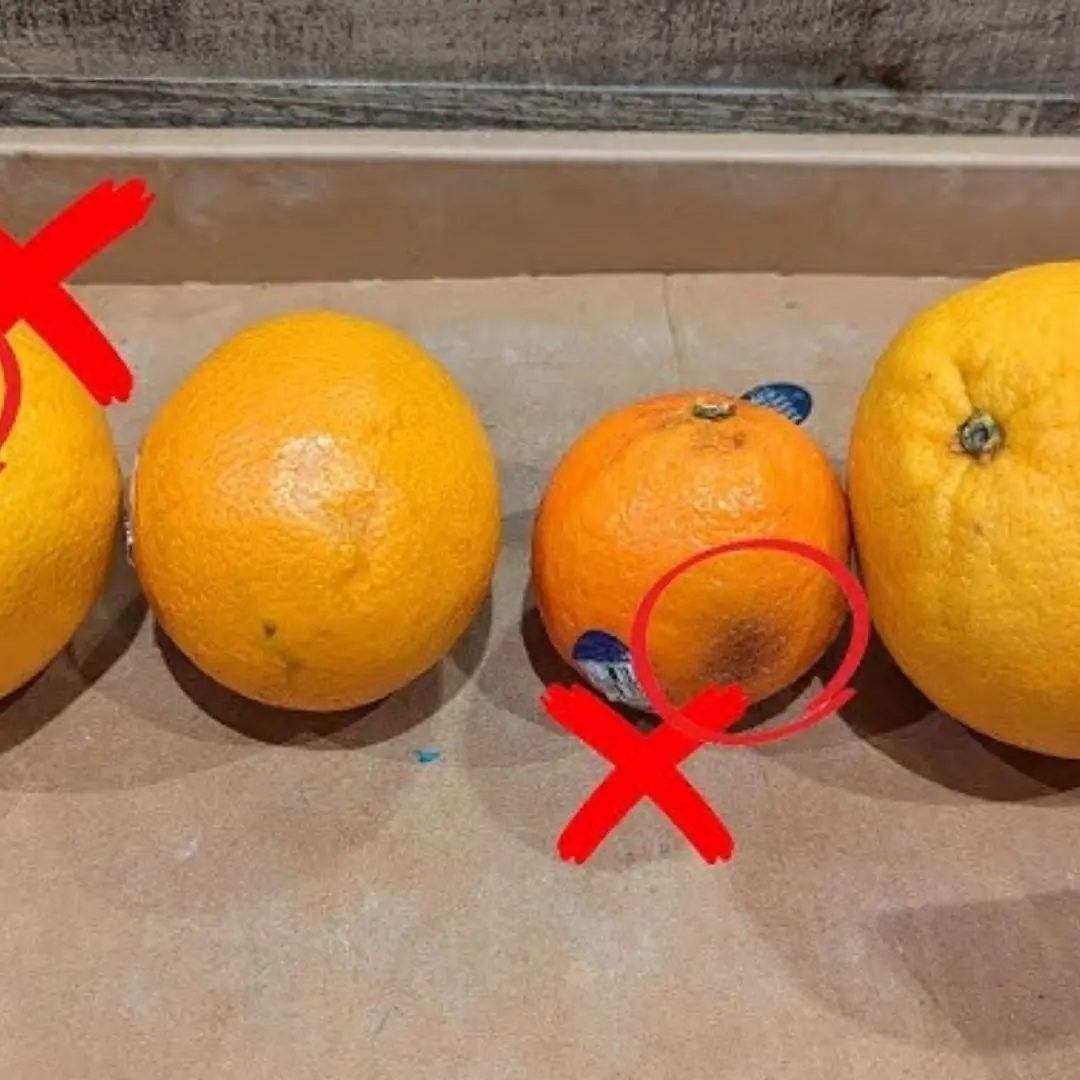
How to Choose Juicy Lemons and Limes with 3 Secret Tips

Toilet Bowl Stained Yellow? Try These 5 Cheap and Effective Cleaning Hacks to Make It Sparkle Like New

Snake-Magnet Plants You Should Avoid Growing Near Your Home — No Matter How Beautiful or Fragrant They Are
News Post

Why do flight attendants like to bring a banana on the plane?

What are the symptoms of no.seble.eds and when should you see a doctor?

Here's What Eating Blueberries Every Day Does to Your Body, Says a Registered Dietitian

No matter how delicious they are, don't eat these 5 parts of the pig or you'll get si.ck
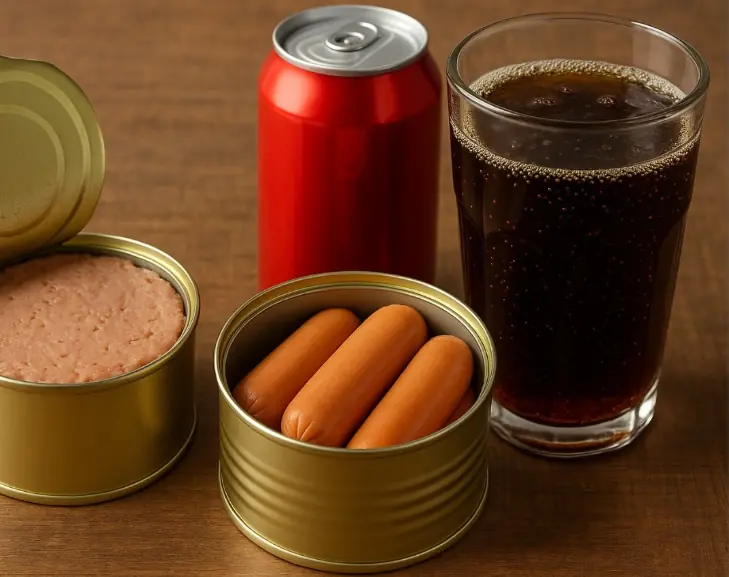
5 common foods that ha.rm your li.ver

Tips to fix food that is too spicy when cooking

Adding only water when cooking rice is a big mistake. I will share with you the secret that hotels use

Cardinal Robert Francis Prevost elected as 267th pope, takes name Leo XIV

Take These 5 Items Out of Your Fridge Now One Day They Could Actually "Explode"

This type of leaf contains calcium

Is it right to close the door tightly when using the air conditioner

How to chase away a bunch of rats with just a handful of rice, without using toxic baits

5 Eye Symptoms That May Signal Your Li.ver Is Crying for Help – Women, Don’t Ignore These if You Want to Stay Healthy Every Day

Tips to keep your flowers fresh

Tips to make rice more delicious that not everyone knows

8 Plants You Should Never Grow Indoors—and What You Should Plant Instead

How to pick a sweet and juicy cantaloupe melon

Before the divorce, my husband cooked my favorite fish dish, I was not moved but burst into tears because of 3 bitter truths

How to remove a tight ring on your hand easily without lube
